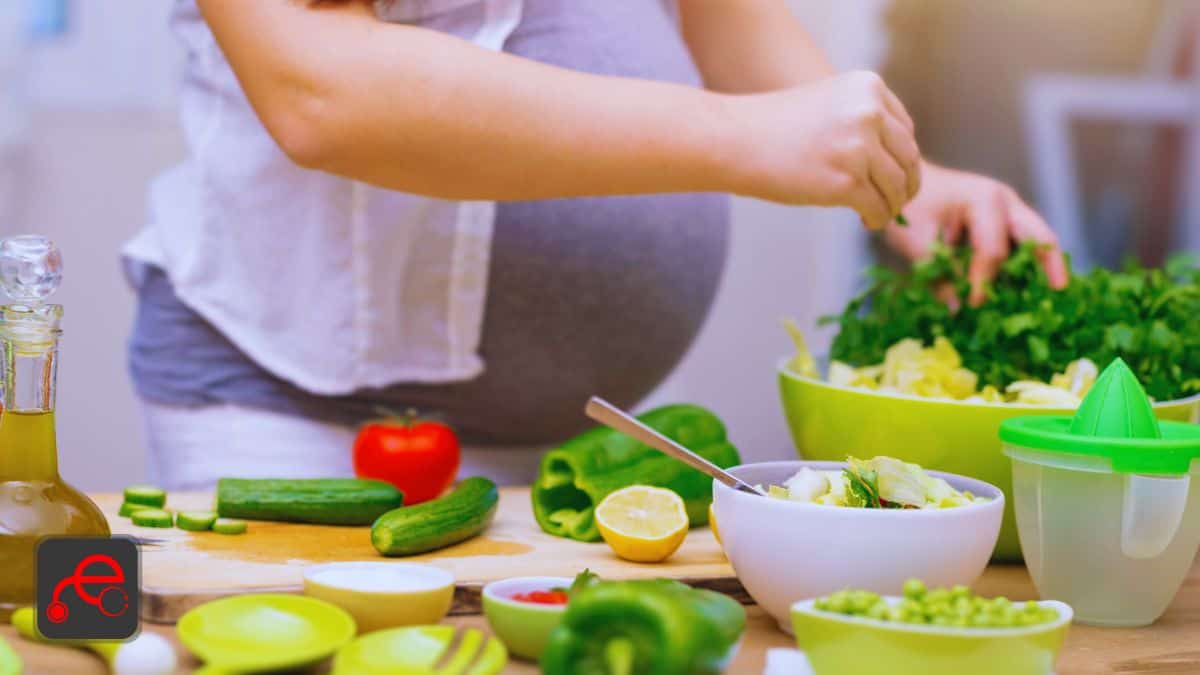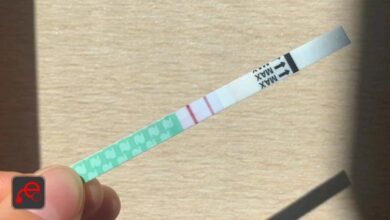Pregnant Mother Nutrition

A healthy maternity diet is vital for each pregnant Mother and baby because what a girl eats and drinks throughout maternity is her baby’s main supply of nourishment. Specialists suggest that a pregnant mother-to-be’s diet ought to embrace a spread of healthy foods and beverages to supply the necessary nutrients a baby wants for growth and development. Here, we are talking about Pregnant Mother nutrition for a healthy maternity diet, as well as what to eat and what to not eat once you get pregnant and there will be the answer to many “whys” too.
A pregnant woman needs additional nutrients than a woman who is not going to give birth to a baby because a pregnant woman has a whole human being in her body, to whom she has to provide all the essential nutrients for her baby’s growth and successful delivery as well.
Here are the most important nutrients that are needed more by pregnant mother than other women, and their deficiency can cause many problems for the mother and the baby as well.
Vitamin B
Vitamin b is also known as folic acid, folate that is essential in helping to prevent neural tube defects, which are birth defects in the baby’s brain and spinal cord. It’s important as pregnant mother nutrition.
It is difficult to obtain the recommended amount of folic acid solely through diet. It is recommended that pregnant women take a vitamin supplement containing 400 micrograms of folic acid per day for at least one month before becoming pregnant. During pregnancy, the specialists recommend that women increase their folic acid intake to 600 micrograms (mcg) per day, which is commonly found in daily prenatal vitamins.
Protein
Although women generally have no trouble consuming enough protein-rich foods in their diets, more protein is required during pregnancy. Doctors referred to protein as “a building nutrient” since it aids in the development of vital organs including the baby’s heart and brain. Pregnant mothers are advised by experts to consume at least 60 grams of protein daily.
Many important food groups are rich in protein, and it is not difficult to achieve daily protein intake
- Chicken
- Fish
- Red Meat
- Kidney Beans
- Chickpeas
- Eggs
- Almonds
- Cheese
- Milk
- Yogurt
All of these are easily accessible protein groups. One can also take protein shakes to have a higher hit in their protein intake. Protein is a vital element of pregnant mother nutrition.
Calcium
The bones and teeth of a baby are constructed using this mineral. Calcium is taken from the mother’s reserves in her bones and supplied to the baby to complete the additional requirements of pregnancy if the pregnant mother does not ingest enough of the mineral.
In addition to calcium, vitanin D is another important nutrient that is required by the human body.
Vitamin D deficiency can cause many serious problems, including weak bones and hair loss. You can fulfill your vitamin D requirements from dairy products, and the most important natural source of vitamin D is sunlight, sitting daily in sunlight can fulfill the requirements of vitamin D and most easy and accessible source of vitamin D.
Pregnant Mother need to take a daily prenatal vitamin in addition to eating a nutritious diet to absorb some of the elements that are difficult to get from food alone, such as folic acid and iron.
Pregnant women who take chewable prenatal vitamins should read the labeling carefully because the supplements’ iron levels may not be adequate. Pregnant mother’s should care for her nutrition.
Iron
Pregnant women require 27 mg of iron each day, which is twice as much as what non-pregnant women require. To produce more blood and deliver oxygen to the baby, more of the mineral is required. Anemia, a disorder that causes exhaustion and an elevated risk of infections, could develop in a pregnant woman if she consumes too little iron.
It is advised to include a good dose of vitamin C with meals containing iron-rich foods to improve the absorption of iron. For instance, pair an iron-fortified cereal with a glass of orange juice for the morning is good to see in pregnant mother nutrition.
Increased Intake of Fruits and Vegetables
A pregnant mother’s diet should be rich in fruits and vegetables, especially during the second and third trimesters. It is advised to consume five to ten portions the size of a tennis ball of veggies each day. These vibrant foods are high in fiber, vitamins, and minerals while being low in calories.
Foods to Restrict in Pregnancy
There is a variety of food groups that should be restricted during pregnancy because when a woman is expecting, she has a surge of hormones, and due to hormonal balances, her cravings spike and she can binge on all the spicy food, alcohol, caffeine and all other unhealthier options.
Caffeine, we have always heard the phrase “excess of everything is bad”. People who are addicted to caffeine can be very hard on them, and upon leaving they may experience withdrawal symptoms, anxiety, depression, mood swings, and all others, but caffeine intake is highly dangerous as pregnant mother nutrition.
Recent studies showed that caffeine can cause decreased growth in pre-natal.
Spicy foods should be restricted as well because pregnant women already suffer from the problems like gerd, and having spicy foods can increase their issues of heartburn and all other digestive problems.
Alcohol consumption of alcohol during pregnancy can be fatal for both mother and the baby. Many disorders found in newborns have been associated with the consumption of alcohol during pregnancy and have badly affected pre-natal growth as well.
Fear of Weight Gain in Pregnancy
Many pregnant women devoid themselves of proper and healthy nutrition during pregnancy due to the fear of gaining weight. Nothing can stop the gain of weight during pregnancy, it’s completely natural. You have been growing an entire human being in your body, and you are responsible for providing them proper nutrition.
Almost 300 calories from your daily calorie intake go to your fetus, so if you are consuming less amount of calories, your health and your baby’s health are at risk. Underweight women require more calories than their normal maintenance calories. calories maintenance is important for pregnant mother nutrition.
Make Sure You Are Eating for Two
Now it’s not only you, you have your baby too. When someone says that a pregnant woman is “eating for two,” they don’t always mean that she needs to eat or drink twice as many calories.
During the first trimester, a woman should not eat for two weeks. A pregnant mother’s calorie requirements throughout the first three months are essentially the same as they were before becoming pregnant.
Doctors generally encourage pregnant women to increase their calorie intake by 200 calories during the second trimester and by 300 calories during the rapidly expanding third trimester.
Hope this article will help you in taking care of your nutrition, and may you and your baby keep safe and healthy.
FAQs
What should a pregnant mother eat to ensure proper nutrition for herself and her baby?
A balanced diet that includes a variety of fruits and vegetables, whole grains, lean proteins, and dairy products is recommended. Pregnant women should also take a prenatal vitamin to ensure they’re getting enough of certain key nutrients like iron, folic acid, and calcium.
Is it true that pregnant mother should eat for two?
Not exactly. Pregnant women don’t need to eat twice the normal amount of food, but they do need to consume more nutrients to support their growing baby. It’s recommended to consume an additional 300-500 calories per day during pregnancy.
What foods should pregnant mother avoid?
Pregnant women should avoid raw or undercooked meat, fish with high levels of mercury, alcohol, and some types of cheese that contain listeria. They should also limit their intake of caffeine and artificial sweeteners.
Is it safe to diet during pregnancy?
No, it’s not recommended to diet during pregnancy. Pregnant women need a balanced diet to support the growth and development of their baby.
What foods are high in folic acid?
Folic acid is found in leafy green vegetables, citrus fruits, legumes, and whole grains. Pregnant women are advised to take a prenatal vitamin that contains 400-800 micrograms of folic acid per day.
Remember, every woman’s nutritional needs are different, and it’s always best to consult with a doctor or a registered dietitian for personalized advice.
